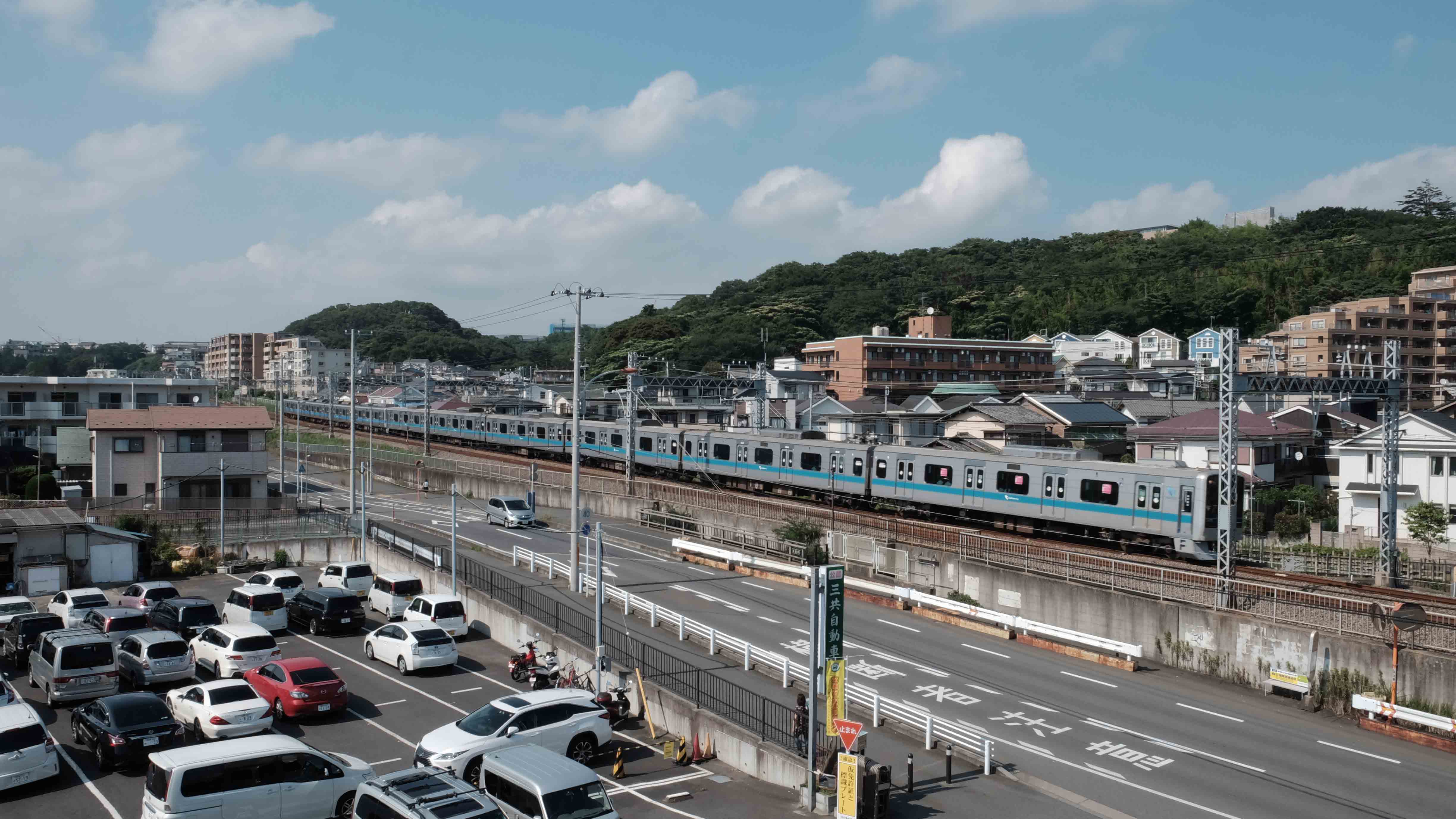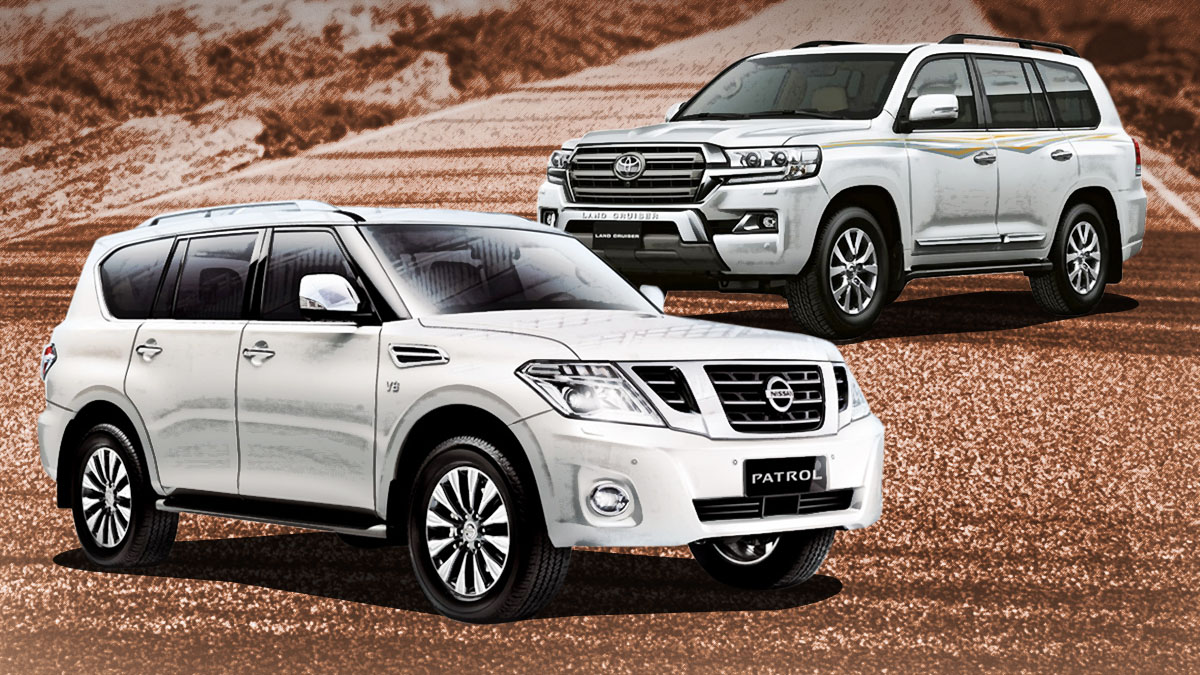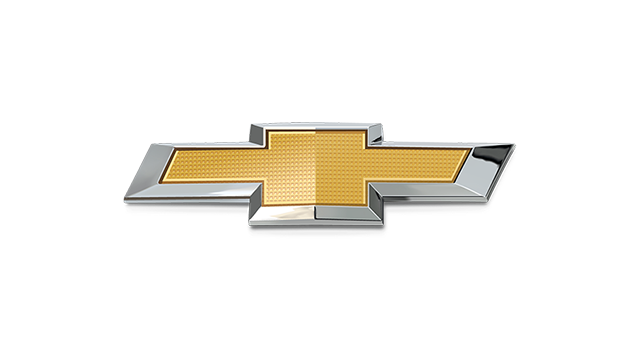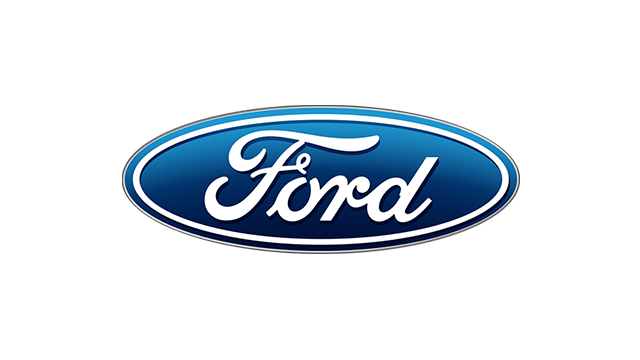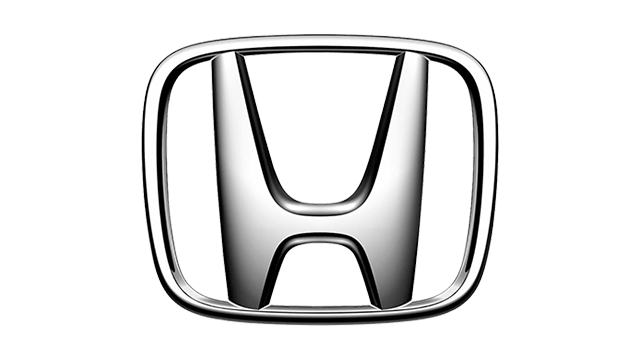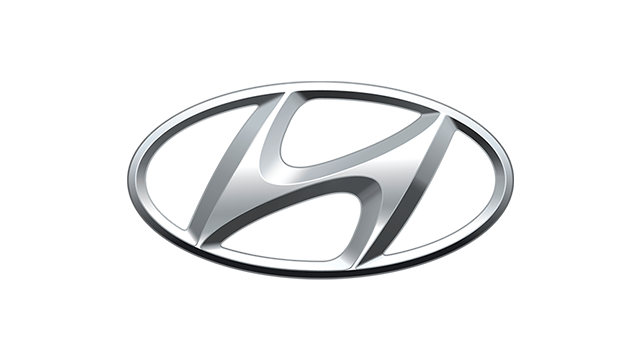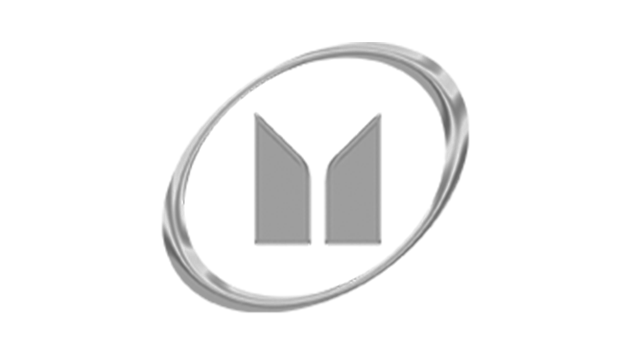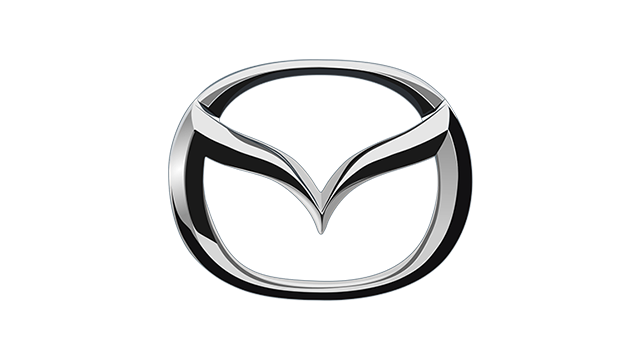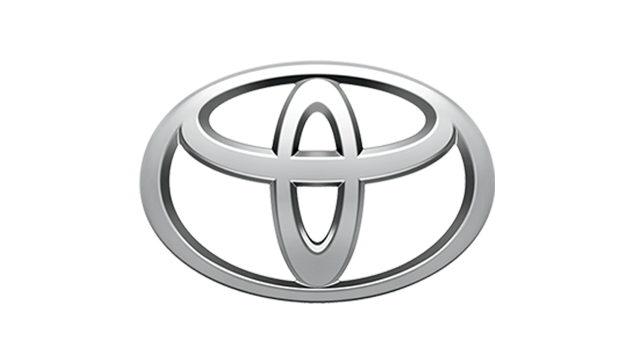We recently went on a trip to Japan to observe a driving school in Japan. During the trip, we encouraged our Instagram followers to ask what they want to know about learning to drive in Japan. One of the questions we got was if there are unique driving laws in the Land of the Rising Sun. Here’s what we learned:
Drunk driving
It’s a big no-no in any country. Period. It's even illegal in the Philippines. But in Japan, if alcohol is detected while you are behind the wheel, you'll be slapped with ¥500,000 (P237,000) fine. Not only that, but passengers of the car with an intoxicated driver are also charged with hefty penalties for allowing their drunk companion to get behind the wheel. But there’s more—restaurants and bars will be fined for allowing their customers to drive off while intoxicated.
Refresher courses for senior drivers
On our trip, we saw plenty of grandfathers and grandmothers at driving schools. According to our hosts from Career Drives, a driving school company, if reach 70 years old, you will be required by the law to take refresher lectures and practice driving lessons. When you reach 75 years old, you’ll need to take a cognitive aptitude test.
One person, one plate number
In Japan, if you sell your car, the new owner must get a new plate number for himself. While your old plate number stays with you and your next car. According to Mr. Hajime Koso, an advocate for safe driving, you can’t sell cars just by sales invoice, you also have to re-register with the local police departments.
Car tints
No manyak tints in this country because tinted glass is not allowed on the drivers’ and passengers’ side. Only backseat windows are allowed to have tint.
Bicycle registration
Riding a bike to work is not as easy as buying a bike and then using it. You’ll also need to register with the local police department for security puproars. Bicycles without lights and tandem riding are also prohibited.
Points for the license
Haven’t violated any traffic laws for five years straight? You’ll get a gold license card and it will entitle you to insurance discounts. Blue license cards mean you’re either a new driver or you got caught with a traffic violation. If you accumulated a certain number of minor violation points, your license will get suspended. And in case you want to shorten your suspension period, you will need to participate in traffic safety activities like distributing flyers about safe driving or even assisting the local police for traffic control in your area.
Maybe the Philippines could learn and adapt a thing or two from these laws. Agree?

